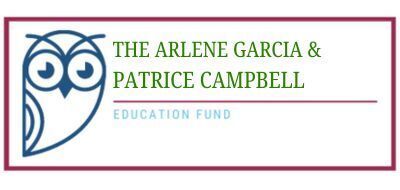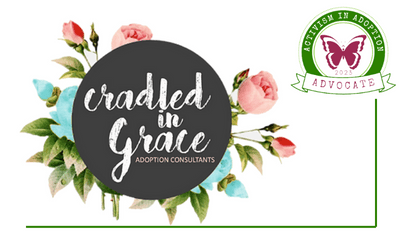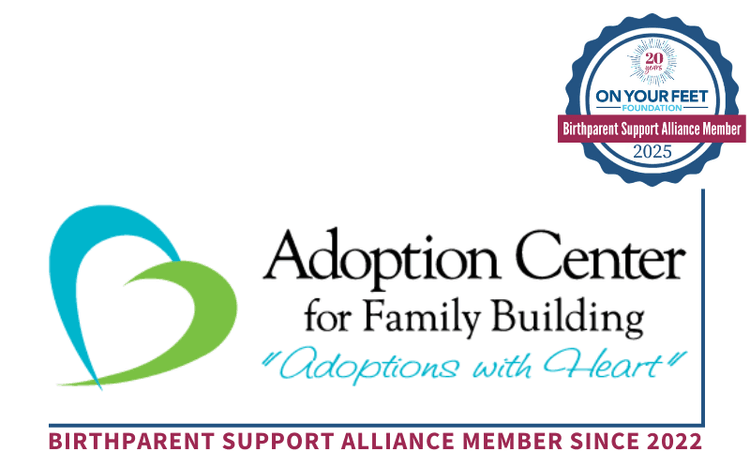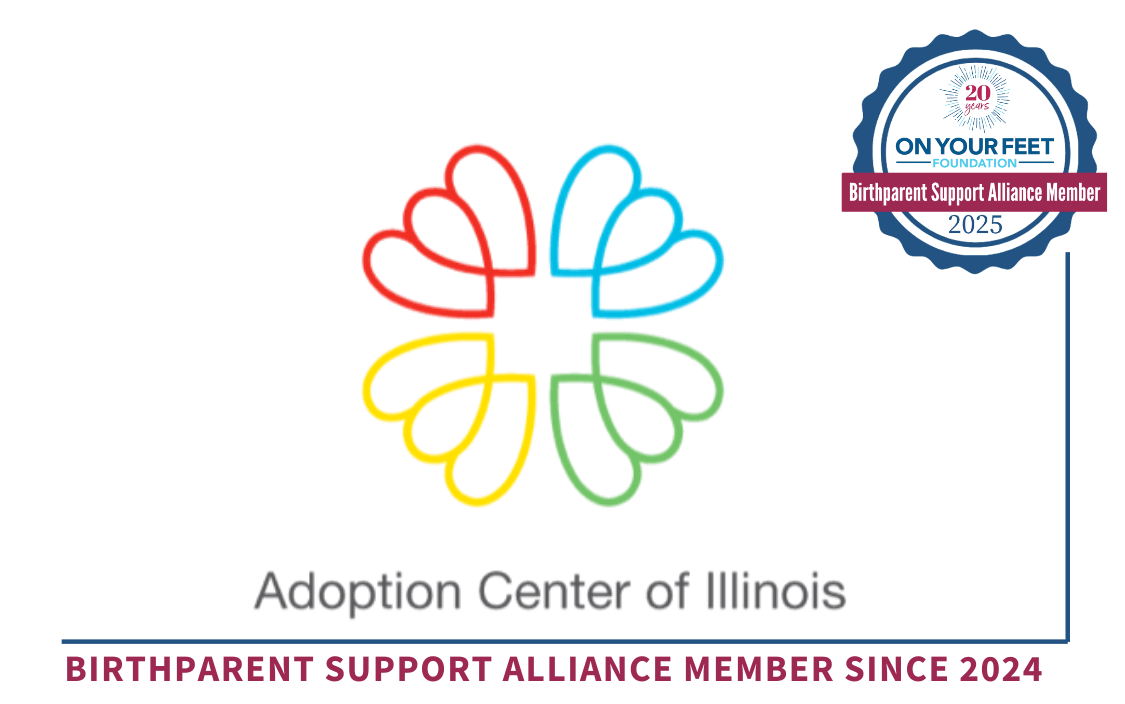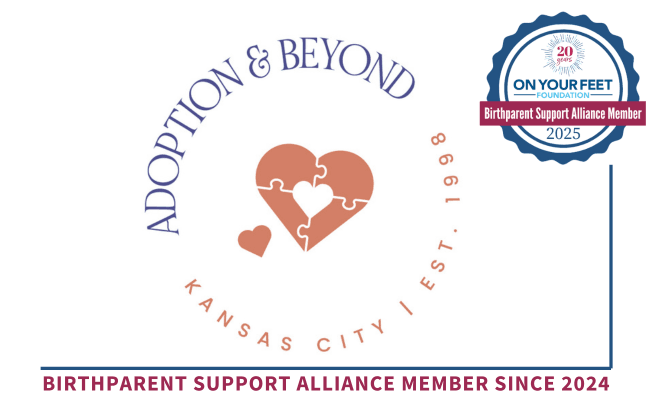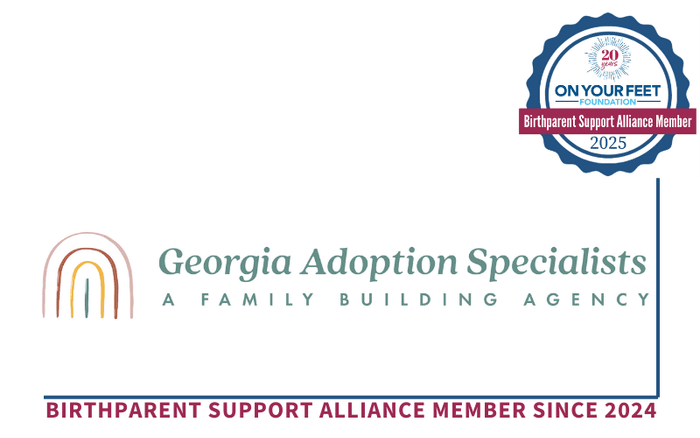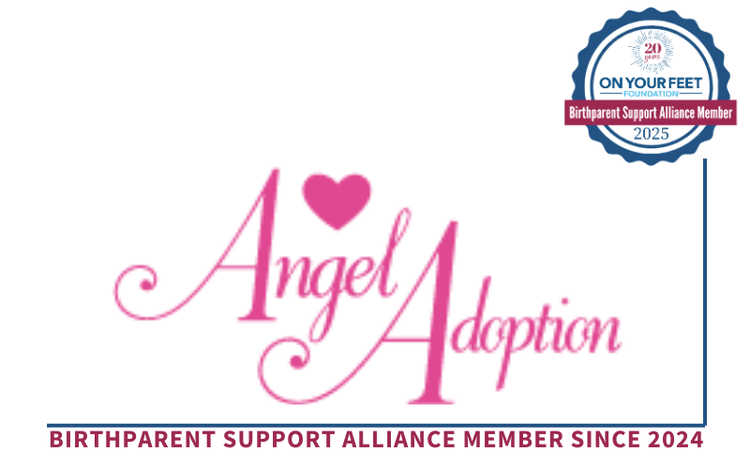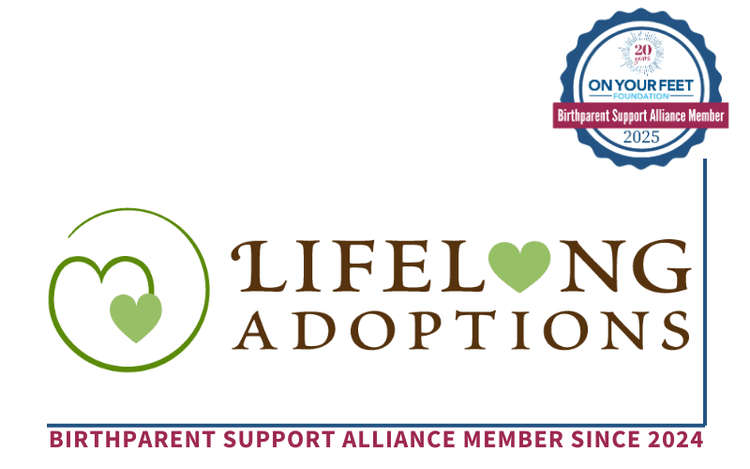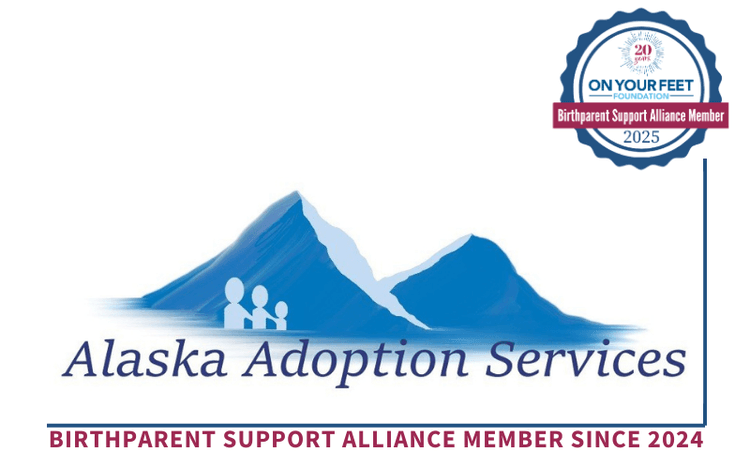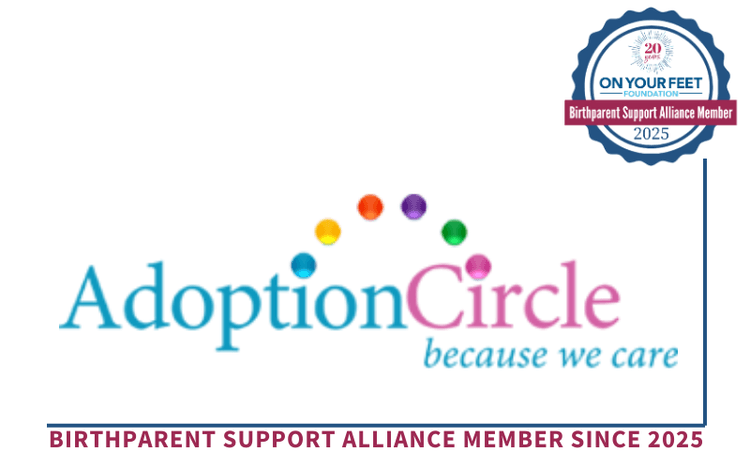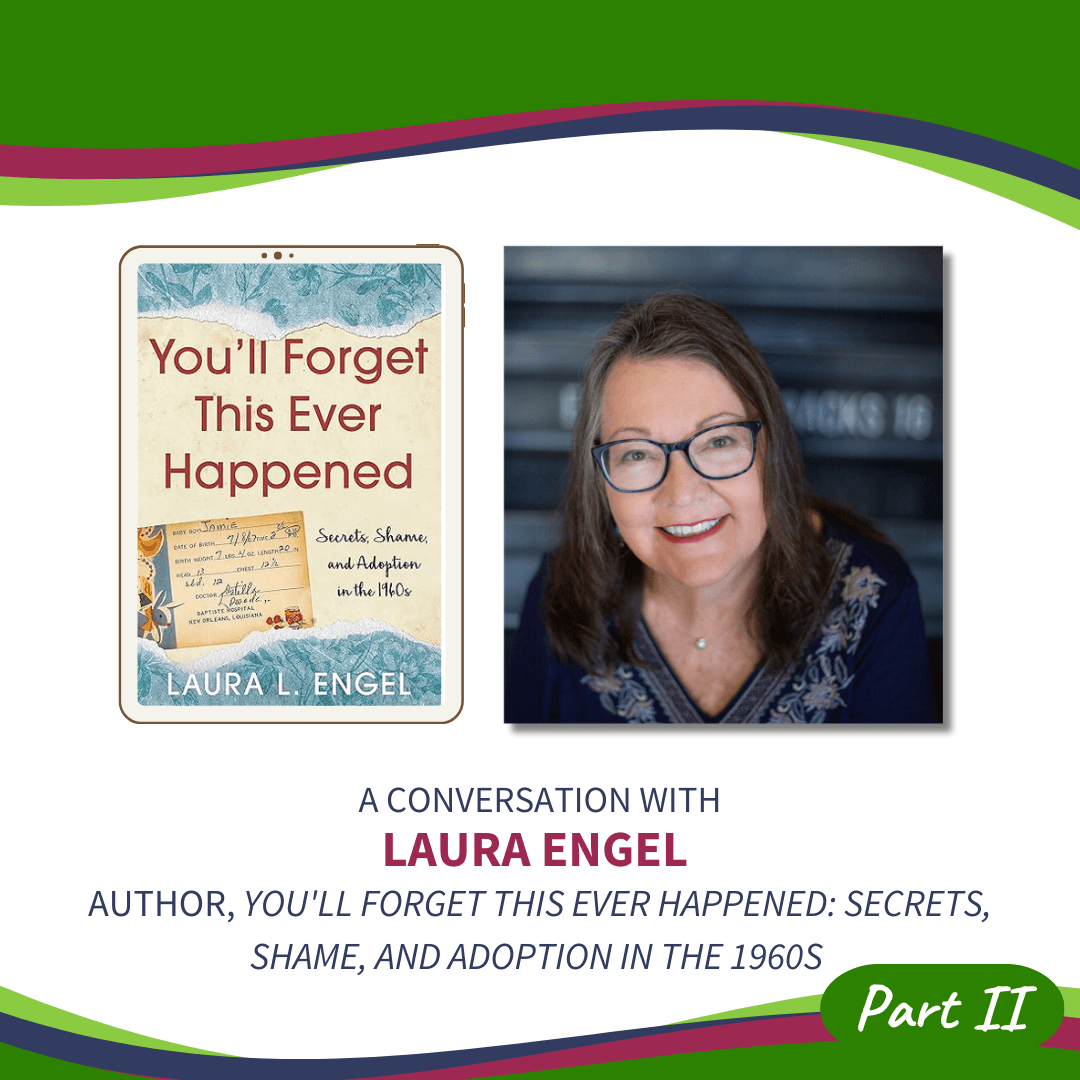
This month we had the opportunity to talk with Laura Engel, the author of You’ll Forget This Ever Happened: Secrets, Shame, and Adoption in the 1960s, a memoir about birth, loss, and the enduring love she held in her heart for her firstborn son. As a pregnant teenager, she - like so many unmarried, pregnant women in the 60s - was shipped off to an Unwed Mothers Home, to keep her pregnancy a secret. In July of 1967 after giving birth, she was forced to relinquish him for adoption. She held this secret, and the shame that surrounded it, for nearly 50 years, until fate and luck reunited her with her son. Part memoir, part a treatise on secrecy, shame, and the joy that comes from breaking those chains to live your truth with openness and authenticity, this book is a must-read.
There is a theme in your book that we see in a lot of birthmother memoirs: having to do the emotional labor of the people around you, instead of them caring for you when you are in crisis. It reads almost like a punishment for getting pregnant. And the emotional labor of having to work in the nursery while pregnant, holding and comforting the babies from the girls who gave birth ahead of you and then were sent back home.
It was a sisterhood. It really was. Nobody could ever completely know what we went through unless they experienced it, and it took fifty years for me to completely understand that part also. We were damaged. All of us. Of course there were some that were surer of themselves, but I was not. In fact, one of my sons said to me, after I told him what had happened, I can't imagine you letting PaPa talk you into leaving your baby. And I said, only because you know me as who I am now.
We were not strong women. We were young girls, and we were even more naive and seemed younger than the 17-year-olds today. We had no choice. Girls and young women in our predicament had no choice. This was what you were to do. And you didn't talk back. The times I did rebel or explode, I ended up being ashamed of myself for treating my parents like that. I don't think I was that different from most of the girls that I knew. That was the way it was: we were good girls who obeyed our parents. We were good students that went to church with our families. And yes, we experimented with sex, like young people from the beginning of time, and back then no one had conversations about birth control.
I actually had a younger woman in a writing class say to me, didn't you and your boyfriend even think about birth control? What was wrong with you guys? That was stupid. But hearing her ask that question was good for me, because I was writing the book, and now I knew I had to put something in the book so younger people would understand why there was no birth control available. That led to my decision to put a scene in the book about a family hygiene class in my jr. high school, where we were told, women and girls are going to have periods, and the ovulate and boys have sperm. That's what we were told, something we already vaguely knew. Nobody said to us, there is a huge likelihood you will pregnant if you have sex, because they didn't expect us to have sex. No teachers or counselors or parents ever mentioned birth control.
It's hard sometimes to understand how different it was then, and how little agency women had. They couldn’t have a bank account without your dad or husband signing for it, or get a job, or rent an apartment.
Isn’t that hard to believe? I lived it. There were so many restrictions on women, but in many ways, I think that period in my life and the trauma of leaving my son made me a stronger woman. It changed the direction of my life. I tried to never be unfairly judgmental toward other women because I knew I had been judged. I spoke up and supported women’s rights and always remembered what it was like to have no support from women who had their hands tied. Men made the decisions that altered our lives.
Over the years whenever women criticized or talked down about a particular woman, I’d think, we don’t know her story and we have no right to discriminate against her. I had empathy for other women that I may not have had if I hadn’t lived at that Home.
I met some wonderful girls during my pregnancy, and I have now connected with a few of them while writing this book, and here's what I've learned. A lot of these intelligent, strong women are still too ashamed to talk about giving up their babies and to me that is the saddest thing in the world. Here we are - grandmothers, and in some cases, great grandmothers - and we still feel disgraced. Shame was layered on us over and over and sadly we have lived with this for decades after having no choice in the matter of giving up our babies. From the time my son and I had our first conversation after 50 years, I made the decision I wouldn't be quiet about that time anymore.
I now have no qualms about saying out loud that we young women were treated badly. We were not given any other direction to go except to do what men wanted us to do. It was such a male-oriented world. I never want it to go back to that. I never want women to take a backseat.
Adoption has its place. I will never say it doesn't. But I also know that a woman, no matter her age, should be listened to and allowed to express her feelings. What do you want to do? How can we help you figure this out? That's what I want for this world. And unfortunately. As much as I think our times have changed and we are less judgmental I was surprised when I attended a CUB (Concerned United Birthparents) retreat last year and met many young birthmothers. Here it was 2023 and they felt they had been coerced into surrendering their newborns to adoption by a system that determined what they should do with their babies. Several had been talked into open adoptions and promised they would be part of their child’s life. They had believed the social workers and after the births of their babies they were treated badly, and many promises were broken. My heart hurt for them. I thought those days were gone. But they aren’t.
Something that really drives the point home in your book about how little agency you have is when your parents take you to the maternity home, and they insist you give them a new name to use there – an alias – so that you can be completely anonymous. Just erased.
When I was admitted I was told all the girls changed their names so no would ever have a clue they had been hidden there and had given birth. I refused, even though I was told it was the smart thing to do. I was not a rebellious teenager even though I thought I was back then. What? I smoked a few cigarettes, drank some beer, and went too far with my boyfriend who said he loved me. I had always been respectful towards all adults. I felt so unmoored and when I refused to change my name at the Home, I was holding on to the only thing I had left – my name. Finally, I was standing up to an adult, which had never happened, and my father was so embarrassed. How dare I do not go along with the rules? They all said I was ignorant not changing my name, because someone might find out I’d gone through this. It sounds ludicrous now as if I were a murderer, hiding a crime. When I look back, and remember how it was handled, it was all about shame. DO NOT tell anyone you got pregnant. Don’t speak a word of it, ever. My grandmother, who was probably one of the most influential women in my life, was adamant that I never tell anyone. Anyone. According to her my reputation depended on that secrecy for life.
Now multiply my story by the hundreds of thousands of women that this happened to in the 50s, 60s, and 70s. I have spoken at so many events about it, and women my age will come up to me after I speak. They will say I'm a birth mother. I've never told anyone and I have never looked for my child. I'm afraid to disrupt my life. It is heartbreaking.
And then other times it'll be adoptees in their 40s and 50s that seek me out and it hurts my heart because they always ask me if it is true I thought about my son every day?
Closed adoption meant never seeing your original birth certificate or knowing anything about your first parents or your genealogy. To find out so many adoptees are suffering and how traumatic this is for them has been very difficult for me. I always thought my readership would be mostly birthmothers, and I was just torn up by how many adoptees told me they needed to hear my story, because many still wondered until the present day WHY? Why were they “given up” and left by their mothers. If anything results from me telling my story that will give an adoptee any shred of relief, or a better understanding of the circumstances of adoption back in those decades, it is worth every moment that went into writing this book.
It sounds a lot like coming out of the closet, the way you describe beginning to share your story with the people around you, after keeping it a secret for so many years.
Yes! That is a wonderful insight.
It was exactly like that. All those years I kept this essential part of who I was hidden because of fear that if I told people about my secret son, they would put me down, or not understand me, and worse yet, not love me. I carried that shame, buried inside of me, no matter how successful I became in life. I had a lot of success in my career, and I had my wonderful husband and my beautiful other children, and we were all doing well, and life was good. I felt so lucky but there was always this hole in my heart and the private grief of losing my first-born son. I thought that if people knew the truth about me - even my children – they would think less of me. When I started telling people about my secret son and surrendering him for adoption in 1967, I began almost every conversation with, please don't think less of me. I heard myself saying that time and time again. Thankfully, I had people in my life who said, not only do I not think less of you, now I think more of you.
It is incredibly sad how much shame we humans carry. Everyone has something, we all make mistakes, and there's always something that we can't talk about. For me, it was my son and leaving him at that maternity home. I had no way of knowing what had even happened to him or where in the world he was. When I first started talking about my experience, the relief that came over me was as if a huge boulder had been lifted off my back. I felt healthier in every way. The more I spoke, the more I wrote, the healthier physically, mentally, and spiritually I became. I had finally accepted my authentic self by speaking my truth out loud.
Back in 1967 we girls didn't even have counselors. I never remember speaking to a social worker or therapist. I don't remember anyone that went to a therapist back in the 60s. Nobody would talk to me about what had happened or let me talk about my son. Nobody. Even the people who loved me wouldn’t let me talk about what it felt like to be hidden in an unwed mother’s home and then have your first-born child taken from my arms. Years later when I went to counseling for other things in my life, family counseling, marriage counseling, I never mentioned this huge secret that had changed my life. That is how much enormous shame and private grief I carried. All those folks making me feel ashamed had colored my life. It would have been a lot healthier to speak about that time than to carry that shame and grief all on my own.
And it would have been healthier for my son, too, if he had been able to speak about his grief and loss of his first mother. After our reunion he assured me, he had never wanted to search for me. Later he finally told me his true feelings, but it was after a few years of us being together. One evening the two of went to dinner alone and he confessed to me that for a long time, he never wanted to look for me because he was afraid, I would reject him. He was so hurt, and angry for years and years and that’s why he didn’t want to find me. He said, I didn’t hate you. I just thought, what if I do find her and she's not a good person or she doesn't want anything to do with me? It was difficult to hear. Even the best reunion of birth mother and adopted child is complicated because you are taking this person who has been absent from your family and saying, oh, now we're family. It would be an untruth to say reunions aren’t complicated, but once my son and I could finally speak the truth about the hurt and the trauma we both experienced, once we truly listened to each other, it was very powerful.
Six months before the unexpected reunion of my son and myself, I was taking a course called The Artist’s Way. One of the assignments was to write a letter to yourself at a time during your life when you had been at your lowest point and speak to your former self from the viewpoint of your wiser, older self. I wrote a letter to 17-year-old me, and when writing that letter, I realized that poor sad girl had no idea how good her life was going to be. She thought her life was destroyed and she would never be loved again. I wanted that girl to know that good things would happen, even though she would always suffer the loss of her surrendered son. I wanted her to realize she was a good person, worthy of love.
I wrote that letter in the spring of 2016, and after I wrote it, I put it in an envelope and put it in my desk. Never looked at it again. When my son came back to my life, I pulled that letter out and read it. By writing that letter, I realized I was finally forgiving myself and realized that good things had come to my life because I had reached out for them, and I had believed I deserved them. Those good things didn't just happen; I allowed them to come into my life. Exactly six months after writing that letter and forgiving myself, my son found me.
I'm a firm believer in manifesting good things because I believe that we become what we think and feel. Instead of being down on myself, and ashamed of myself, I had finally begun to say, wait, I'm not a bad person. This happened to me. That awful time was not something that I planned on, or was happy about, and it was not something to be ashamed of. Writing that letter was cathartic. It changed me. I became stronger.
That maternity home is gone now. The building renovated into apartments. I’ve gone back there twice to see it because I wanted to make sure that my memory was correct when I described the building and location in my book. I had to see it myself because memory after 50 years can be tricky.
The first time I went with my daughter- in-law. My husband and I were visiting my son and his family in Louisiana. She drove and I told her to stop where my father had parked all those years ago. That old crumbling sidewalk still has those cracks in it from the roots of the granddaddy oak trees that line the New Orleans neighborhood. My first memory of that place is walking on that sidewalk in my heels, because back then we girls all wore nylons, garter belts, and pumps. I remembered my heels clicking on that sidewalk, and once again my heart started pounding and fear made my mouth dry. That anxious feeling took over and my daughter-in-law grabbed my hand and said, are you okay? I said, I'm okay. I wanted to relive this. I had to.
I was blown away by how much power this place still had over me. This was the place I had left my baby and was told to never search for him. Told I should forget he ever happened. Across the street the little grocery store where we girls would go and buy junk food and cokes and RC colas still stood. It was dreamlike.
That evening when she and I went back home, I told my husband and my son about it, and I remember saying, I am so glad my memory serves me well, because I pushed it all so far down I had wondered if I could ever remember it correctly. As hard as it was, I am glad I went back there.
Knowing my memory was correct helped me to forge ahead and be brave about telling my story. Then a funny thing happened. I didn't have to be brave anymore because I didn't care what people thought. You know, all those years I was so afraid. What will people think? I finally knew that it didn’t matter what anyone thought. My son and I had found each other and loved each other. We had the present. We had now. And it was beautiful for four and a half years, and that is all that really matters.
To learn more about Laura, visit her website and buy her book. To read more of her writing, you can find her essays at Severance Magazine, Journal of Expressive Writing, Writer's Digest, and Birthparent Support Alliance Member Adoption & Beyond's blog.


